“Behind a Mask”: Sentimental Performance and the Nineteenth-Century American Con Woman
Ashley Gangi (Ph.D. Candidate, English)
with a response by Amanda J. Crawford (Assistant Professor of Journalism, UConn)
Wednesday, November 18, 2020, 4:00pm (Online—Register here)
“‘Behind a Mask’”: Sentimental Performance and the Nineteenth-Century Con Woman” explores the economic value of sincere sentimentality for middle- and upper-class American women in the nineteenth century. It traces a pattern in popular sentimental stories, arguing that such stories had a tendency to portray women as unwitting actors in dramatic scenarios to emphasize the sincerity of their feelings. These stories attempted to resolve the tension between performance and sincerity by suggesting that only so-called “true” sentimental feelings earned cultural capital. The talk will compare stories from Godey’s Lady’s Book to Louisa May Alcott’s sensational tale, “Behind a Mask,” which describes the machinations of a confidence woman who poses as a governess and plays the sentimental heroine in order to acquire economic security through marriage. Alcott troubles the distinction between authenticity and social deception, thereby opening up a space for women to exert more control over their social and economic lives.
Ashley Gangi is a fifth-year Ph.D. student in the English department at the University of Connecticut. Her research interests include nineteenth-century American literature, maritime literature, and literature of the Gilded Age and Progressive Era having to do with finance. Her dissertation, “May I Present Myself? Masks, Masquerades, and the Drama of Identity in Nineteenth-Century American Literature” explores the relationship between confidence men and women and conceptions of value in nineteenth-century America. She has been published in Studies in American Naturalism and has a piece forthcoming in the “Extracts” section of Leviathan: A Journal of Melville Studies.
Amanda J. Crawford is an assistant professor of journalism at UConn, a UCHI Faculty Fellow, and former reporter for Bloomberg News, The Arizona Republic, and The Baltimore Sun. An investigative journalist, political reporter, and narrative nonfiction writer, Crawford’s work explores the human impact of public policy. She has written extensively about gun policy, mass shootings, prisons, criminal justice, immigration, health care, and sexual assault, and she has covered elections and government at every level across the U.S. Her writing has been widely published by major media outlets and literary journals including Businessweek, People, National Geographic, Ms. Magazine, High Times, Phoenix Magazine, The Huffington Post, The Hartford Courant, and Creative Nonfiction.
Registration is required for the event.
If you require accommodation to attend this event, please contact us at uchi@uconn.edu or by phone (860) 486-9057.
Watch now:
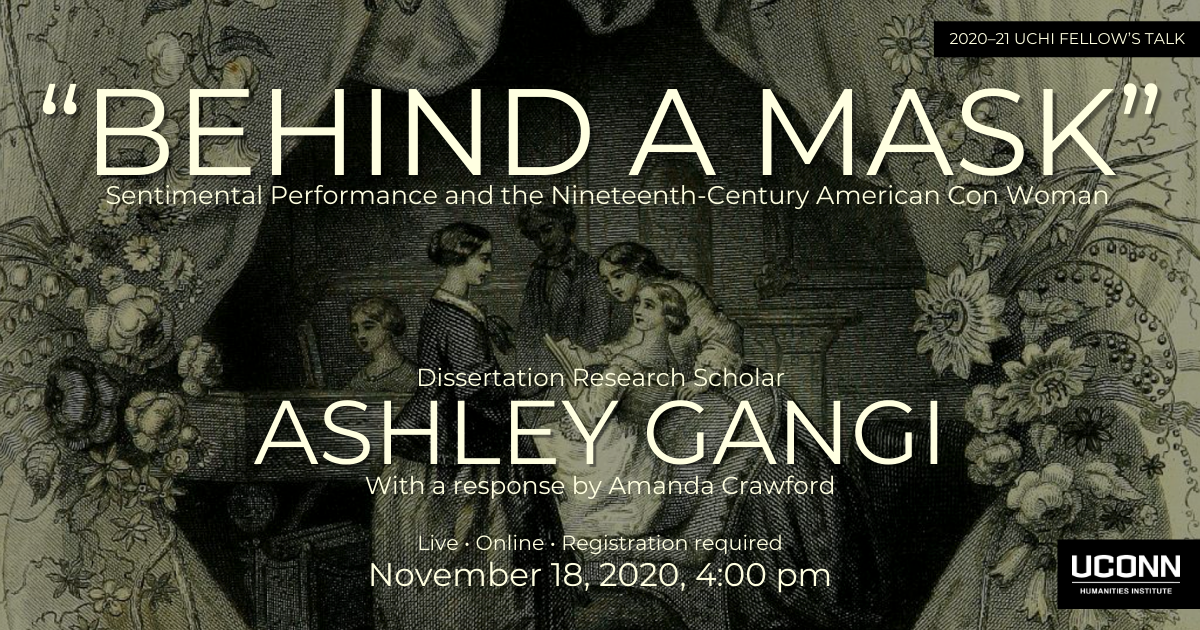
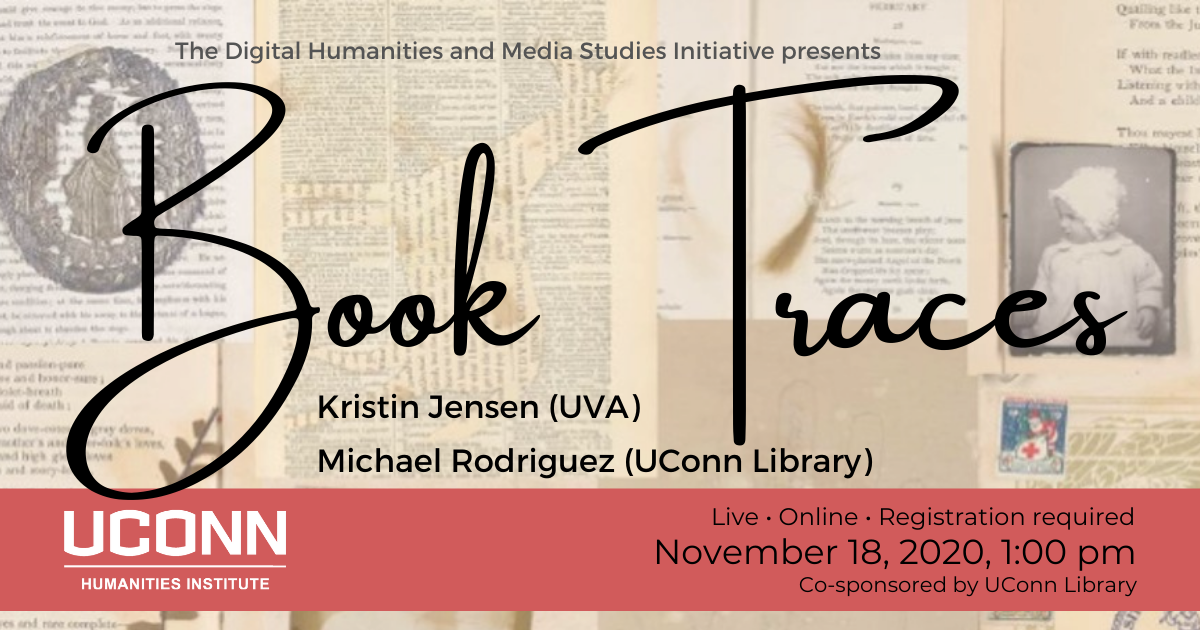
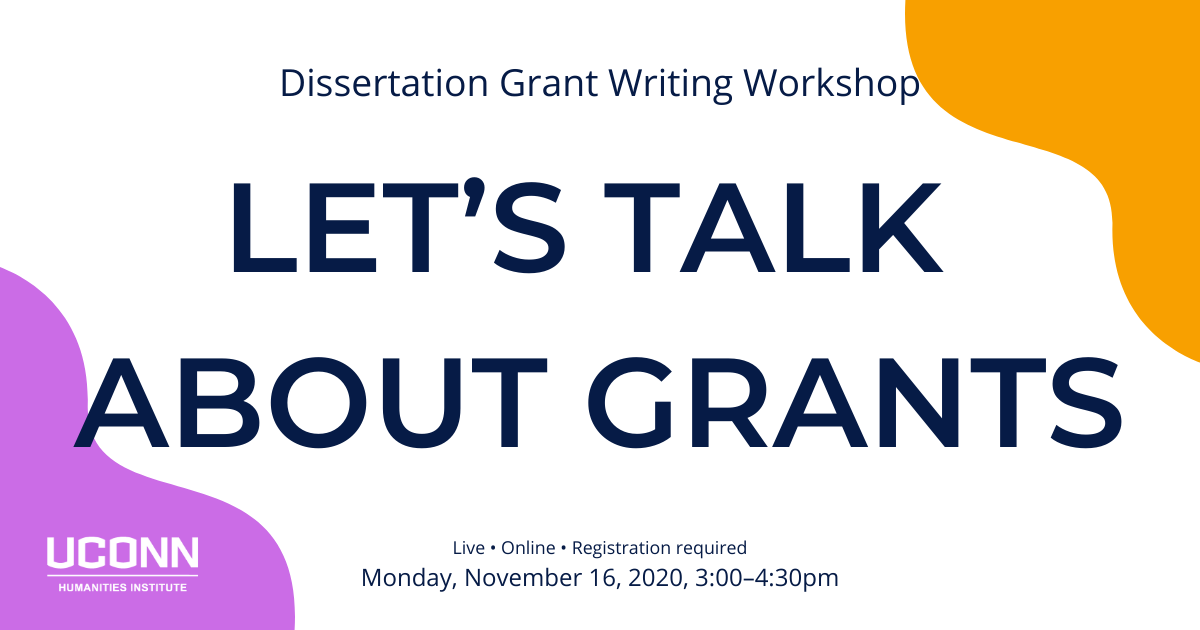
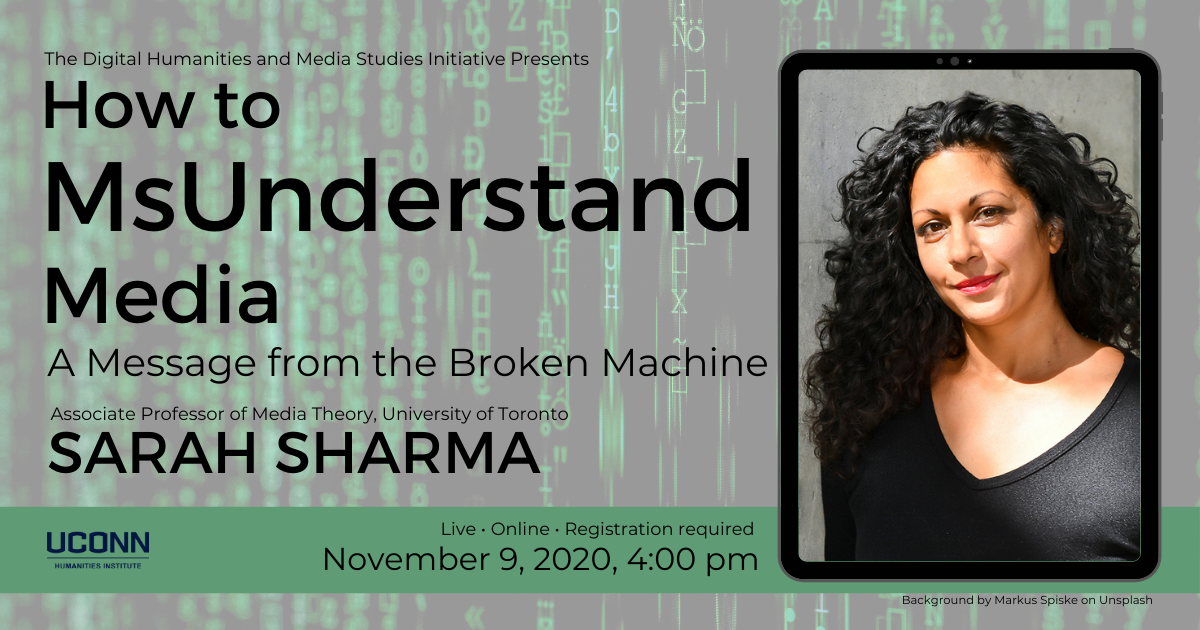
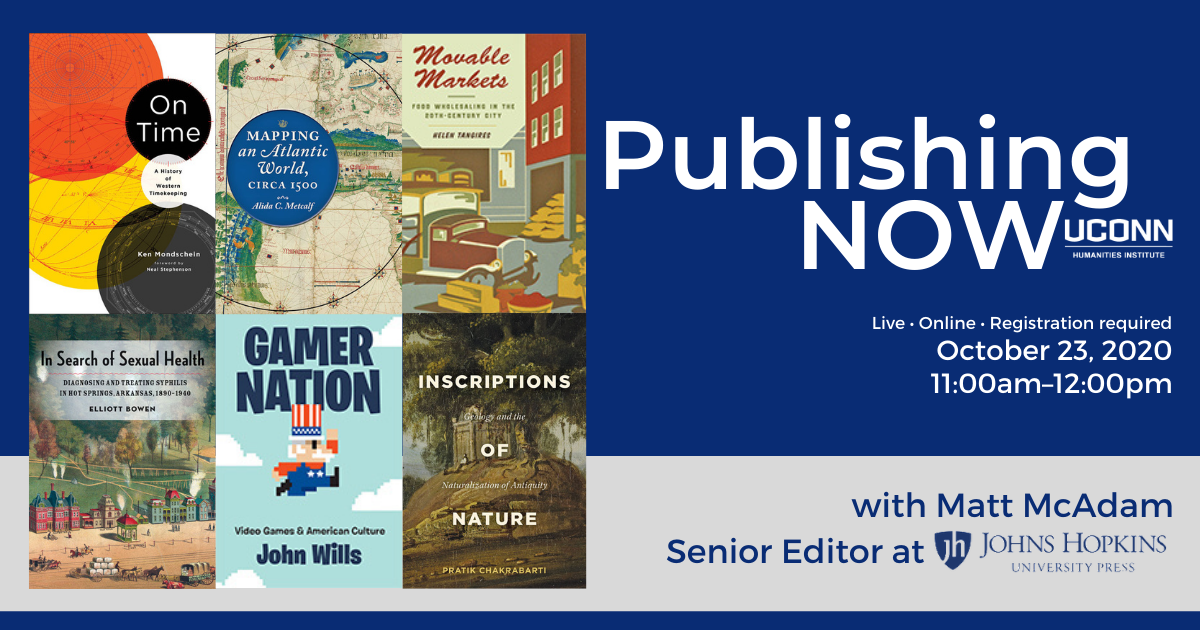
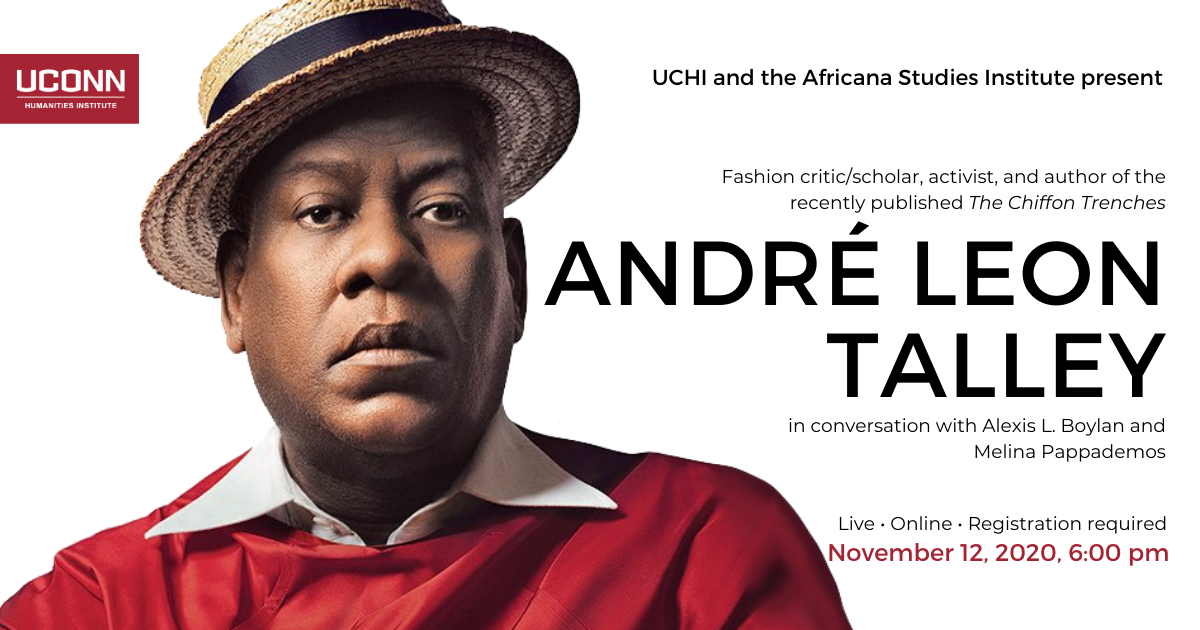
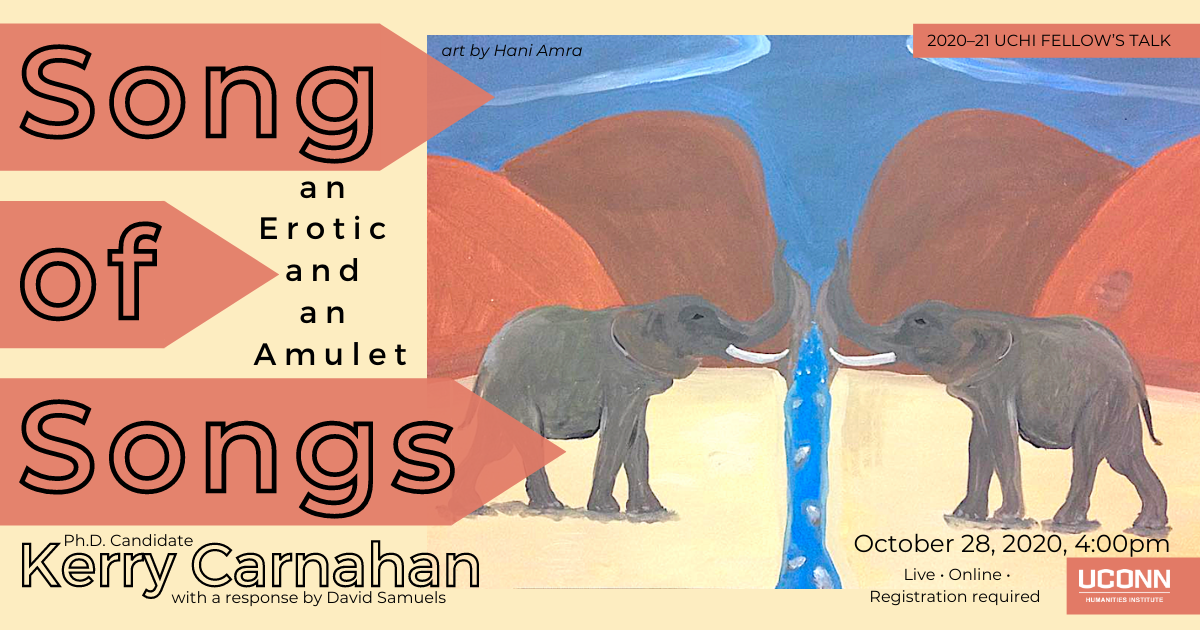
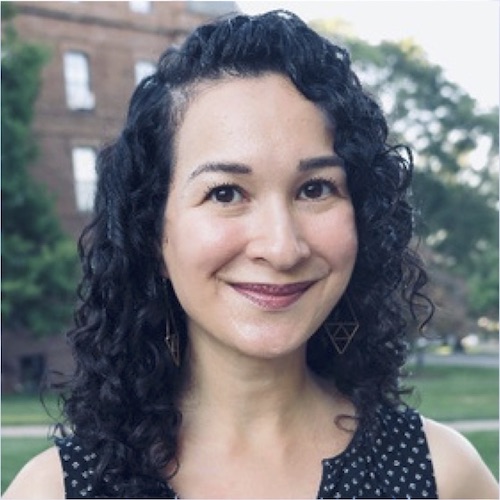 From transgender persons seeking to become the gender they truly are to religious business owners seeking exemption from anti-discrimination laws, a wide range of political claims are cast in terms of authenticity. Despite the ubiquity of these claims, it is not always clear what is at stake and whether we should understand these stakes as political. Part of the difficultly is that our most prevalent ways of framing the stakes of authenticity claims—what Hagel calls the ethical frame and the recognition frame—downplay their political character. In this paper, Hagel articulates a third way, found in the work of Jean-Jacques Rousseau. For Rousseau, what is at stake in becoming authentic is our individual well-being, the character of our social world, and our possibilities for freedom and equality. In this chapter, Hagel draws out this last set of stakes in Rousseau’s work, articulating them as the democratic frame. According to it, what makes authenticity so crucial is the way it secures our freedom and equality. Even when Rousseau articulates the stakes of authenticity in terms of a more ethical or recognitional reading, we can read him against himself to see how this democratic framing remains implicit. Hagel concludes by showing that understanding the stakes of authenticity in terms of freedom and equality is promising in three ways: it helps us grasp the causes and consequences of becoming authentic better than alternative frames; it avoids some of the problems of essentialism and paternalism that arise in the other two frames; and it offers us a promising new way of thinking about authenticity—in which one is authentic when one develops oneself in a way that enhances, rather than corrodes, one’s possibilities for freedom.
From transgender persons seeking to become the gender they truly are to religious business owners seeking exemption from anti-discrimination laws, a wide range of political claims are cast in terms of authenticity. Despite the ubiquity of these claims, it is not always clear what is at stake and whether we should understand these stakes as political. Part of the difficultly is that our most prevalent ways of framing the stakes of authenticity claims—what Hagel calls the ethical frame and the recognition frame—downplay their political character. In this paper, Hagel articulates a third way, found in the work of Jean-Jacques Rousseau. For Rousseau, what is at stake in becoming authentic is our individual well-being, the character of our social world, and our possibilities for freedom and equality. In this chapter, Hagel draws out this last set of stakes in Rousseau’s work, articulating them as the democratic frame. According to it, what makes authenticity so crucial is the way it secures our freedom and equality. Even when Rousseau articulates the stakes of authenticity in terms of a more ethical or recognitional reading, we can read him against himself to see how this democratic framing remains implicit. Hagel concludes by showing that understanding the stakes of authenticity in terms of freedom and equality is promising in three ways: it helps us grasp the causes and consequences of becoming authentic better than alternative frames; it avoids some of the problems of essentialism and paternalism that arise in the other two frames; and it offers us a promising new way of thinking about authenticity—in which one is authentic when one develops oneself in a way that enhances, rather than corrodes, one’s possibilities for freedom.
